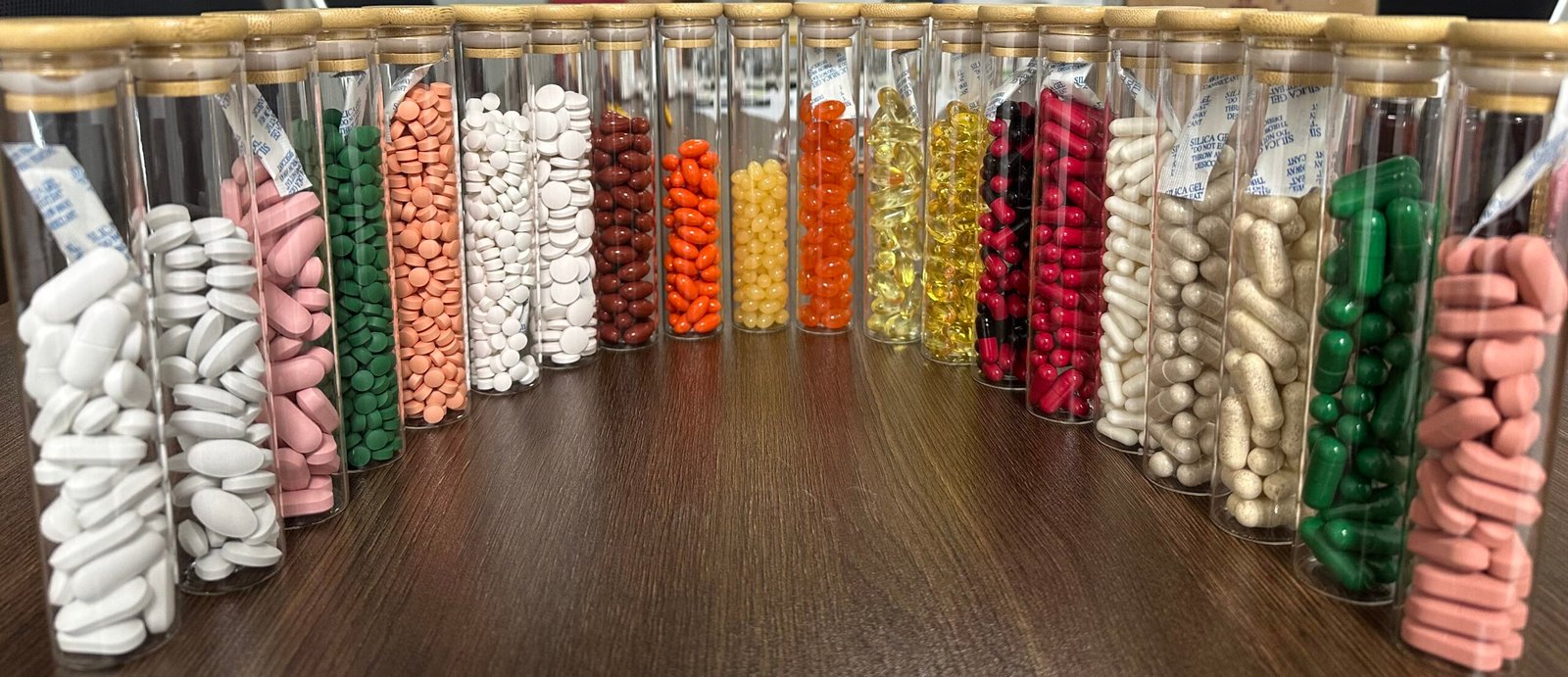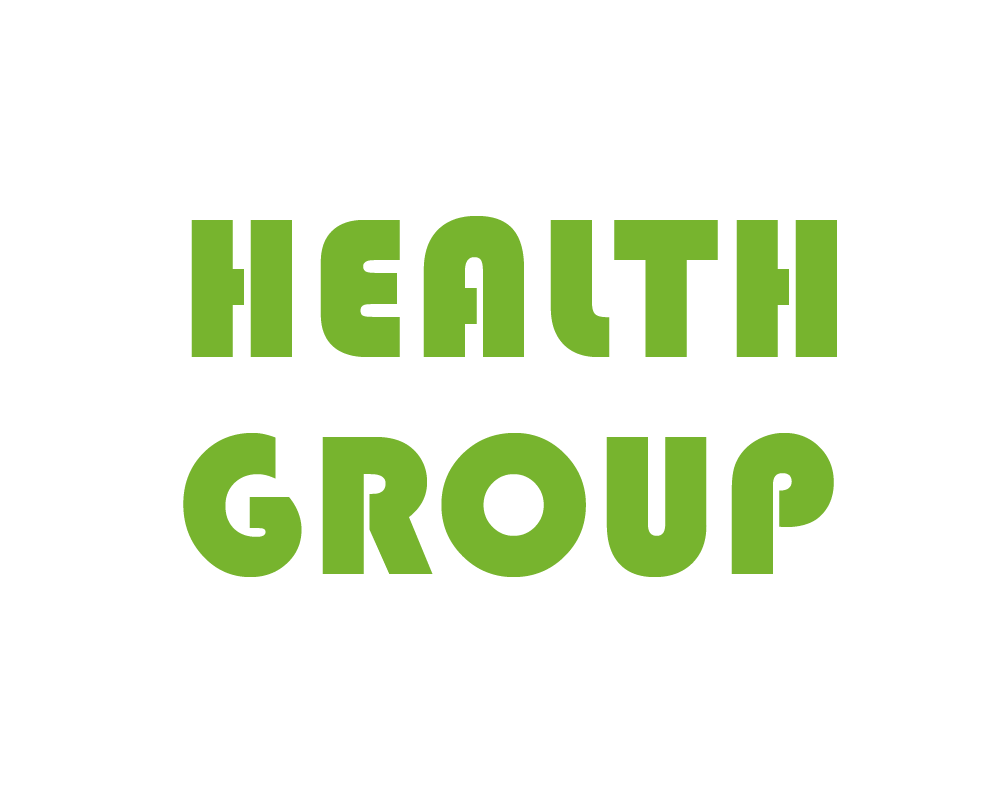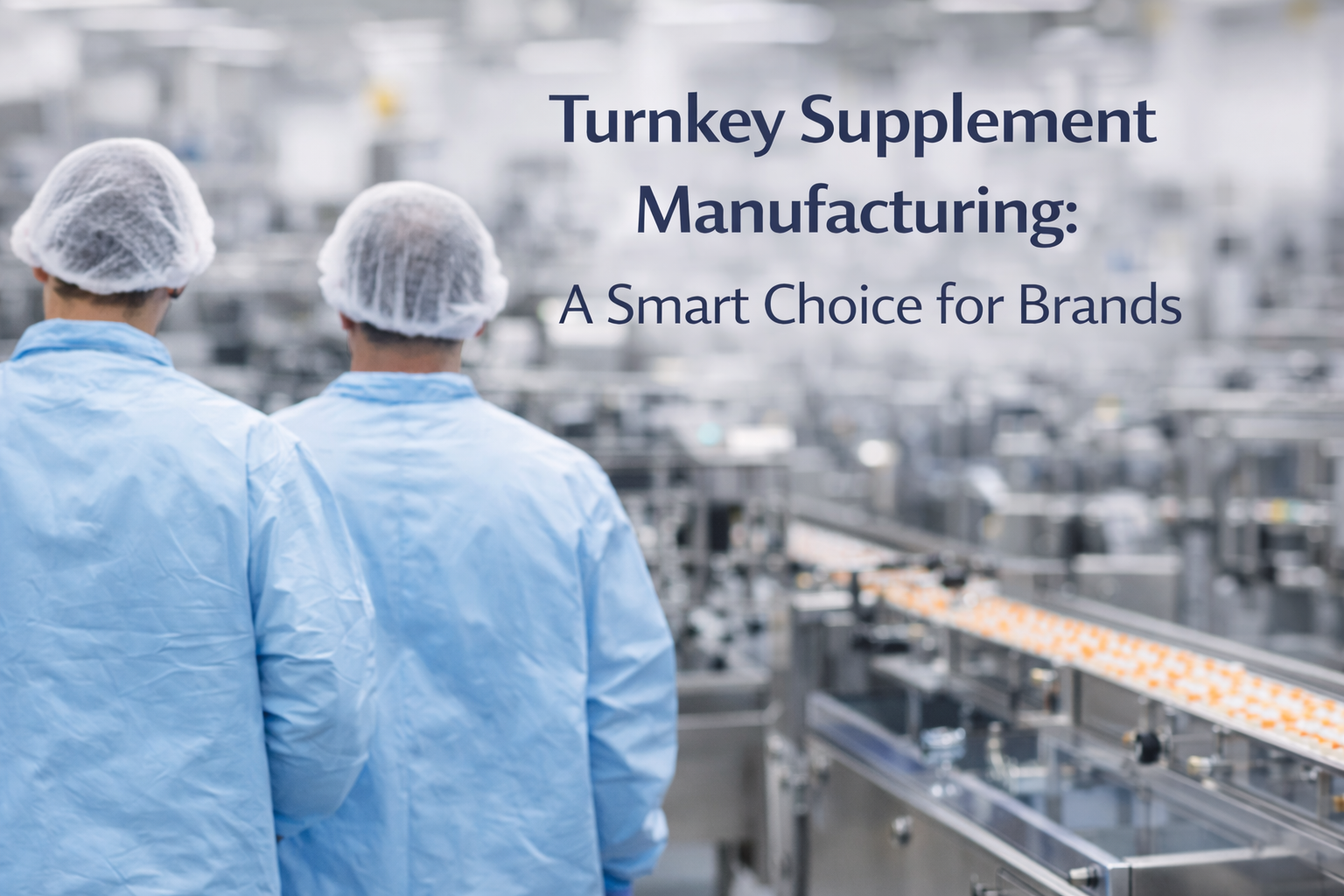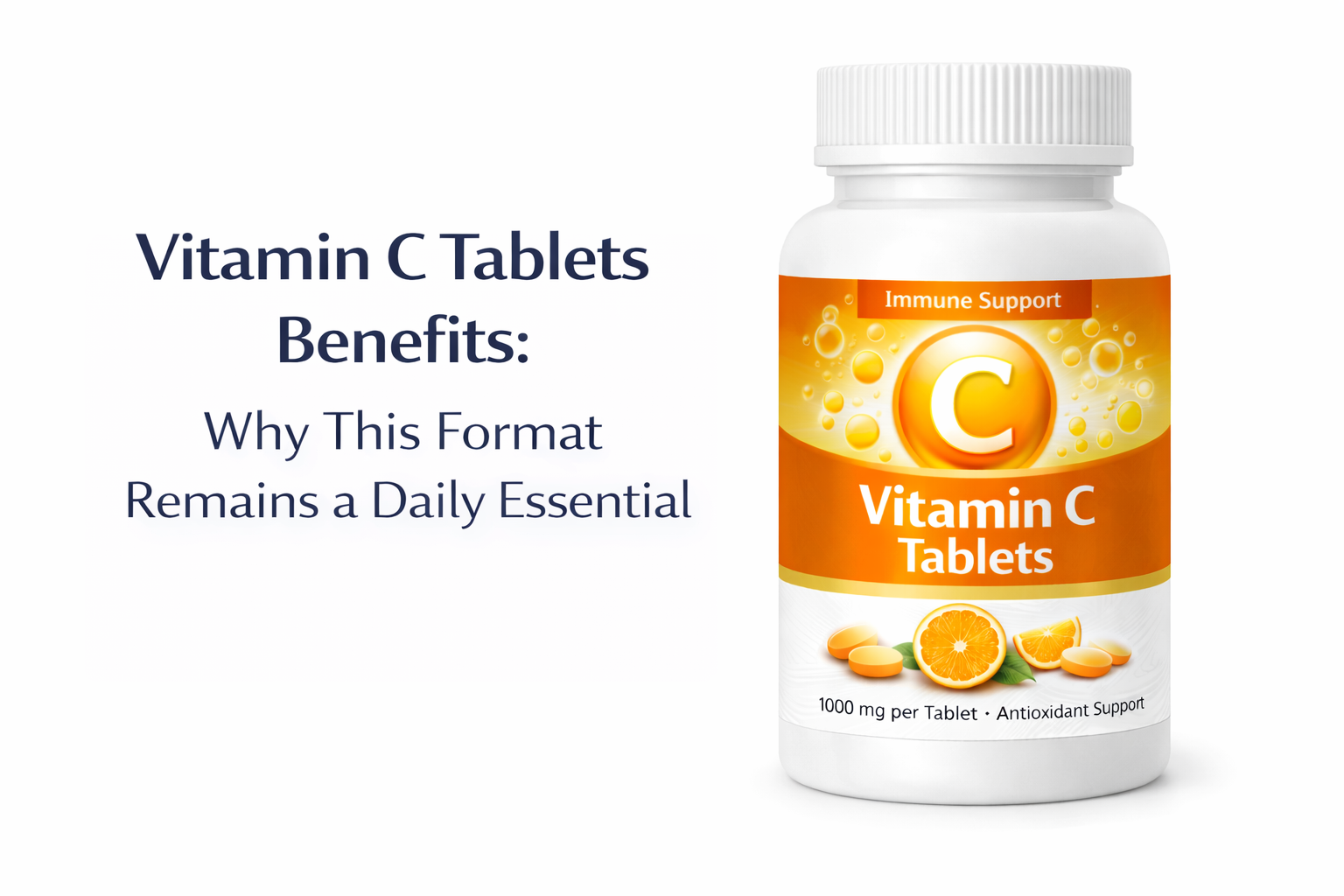
Problem: You want to launch your own supplement line but worry about picking the right manufacturer.
Agitation: Choosing poorly can result in delays, subpar quality, or regulatory issues—and that can damage your brand’s reputation.
Solution: Asking the right questions upfront ensures you partner with a manufacturer who meets your standards. This guide outlines the seven essential questions every brand should ask before signing a contract.
Before working with a private-label supplement manufacturer, ask about certifications (GMP, ISO, FDA), production capacity and lead times, customization options, ingredient sourcing and testing protocol, minimum order quantities and pricing, quality control procedures, and ongoing support. These questions safeguard your product quality, brand reputation, and supply reliability.
Asking questions is not just smart—it’s essential. These seven questions form the foundation of due diligence. Read on to see how each one helps you make the best manufacturing decision.
1. What certifications and quality standards do you hold?
Certifications prove a manufacturer follows recognized safety and quality standards.
Confirm certifications like GMP, ISO, HACCP, FDA registration, and ask for third-party audit reports.

Ask for current GMP and ISO certificates. Check audit history and results from third-party inspections. Confirm FDA registration for facilities exporting to the US. Inquire about HACCP, NSF, or organic/halal certifications if needed. Certification ensures consistent quality, legal compliance, and less risk of recalls or safety issues.
* Certified factories reduce risk and support compliance.
* Recent audit reports add transparency and credibility.
2. What is your production capacity and typical lead time?
Timely production affects your supply chain and ability to meet demand.
Ask about monthly production capacity, current order backlog, and estimated lead times for stock and custom products.
Know how many units or kilograms they can produce weekly/monthly. Ask if they run single or multi-shift schedules. Ask about backlog and peak season constraints. Lead times for private label typically take 3–6 weeks; for custom, allow 12–16 weeks or more. Factor this into your product launch plan to avoid stockouts or delays.
* Clear capacity data helps prevent supply chain issues.
* Understanding lead times supports realistic launch timelines.
3. Can you customize formulas and packaging?
Brand differentiation starts with product uniqueness and appealing packaging.
Ask whether they offer formula customization, color and capsule options, label design, and packaging formats.
Check if they offer stock formulas or full custom R&D. Ask about ingredient flexibility, flavor choices, capsule types (gelatin, vegan), and bottle/pouch options. Confirm support for label design, panel compliance, and multi-language printing. Custom options build brand identity and improve consumer appeal.
* Formula and packaging flexibility support branding efforts.
* Design support speeds time-to-shelf
4. How do you source and test ingredients?
Product quality starts with raw ingredient safety and integrity.
Ask about supplier audits, COA availability, and in-house or third-party testing protocols.
Request COAs for identity, potency, microbial, allergen, and heavy metal testing for all raw materials. Ask if suppliers are audited and traceable. Inquire about raw material storage standards, quarantine processes, and batch tracking system. This safeguards product quality and label accuracy.
* Verified sourcing ensures safe and effective products.
* Transparent testing builds consumer trust.
5. What are your minimum order quantities and pricing tiers?
Understanding costs upfront helps maintain healthy margins and scale smartly.
Ask about MOQs for stock vs custom products, tiered pricing, and extra fees (setup, artwork, testing).
Ask about MOQ levels for bottles, capsules, or gummies. Inquire if prices drop after certain volume thresholds. Ask for itemized setup fees, mold charges, testing, warehousing, and logistics costs. Clarify payment terms, deposit structure, and lead-time charges. Knowing all costs helps with accurate budgeting and pricing strategy.
* Transparent pricing protects your margins.
* MOQs guide sensible inventory investment.
6. What quality control steps are in place during production?
QA systems maintain product consistency and compliance throughout the build.
Ask about in-process testing, batch retention samples, finished product QC, and deviation handling.
Confirm real-time testing for weight, appearance, potency, and moisture. Ask if batches are retained for future reference. Learn about corrective action processes and recall procedures. Ask about senior QA oversight and batch release documentation. QA ensures every batch meets specification and reduces risk of compliance issues.
* In-process controls improve consistency.
* QA oversight minimizes recall risk.
7. What post-production support do you provide?
Great manufacturers offer more than production—they support your brand long-term.
Ask if they help with logistics, regulatory registration, market expansions, marketing material, and reorders.
Ask about DDP shipping, customs assistance, and warehousing. Inquire if they support product files for regulatory bodies like FDA, EU, or ASEAN. Ask if they provide marketing assets, compliance statements, or content for retailers. Ask about reorder discounts, redesign support, and formula updates. This ensures smooth operations and long-term partnership.
* Ongoing support eases logistics and compliance.
* Strong backing supports long-term growth.
By asking these seven questions, you ensure your manufacturer aligns with your brand’s quality, agility, and vision. A qualified partner protects your reputation and fuels growth—so take the time now to ask the right questions and build a strong foundation.
Evaluate certification, capacity, customization, sourcing, pricing, QA, and support. Ask tough questions early. The right private-label partner helps your brand thrive.
Shandong Health Biotech Empowers Your Private Label Journey
Choosing the right supplement partner starts with asking the right questions. Shandong Health Biotech is here to support you every step of the way. We hold full GMP, ISO, HACCP certifications, maintain a flexible production capacity to meet your business needs, and allow custom formulas and packaging. Our transparent ingredient sourcing, rigorous in‑process QA, and post‑production logistics make sure your products succeed globally. With low MOQs, competitive pricing, and responsive service, we help brands launch and grow confidently. 👉 Contact us to build your supplement line with clarity, quality, and reliability.


